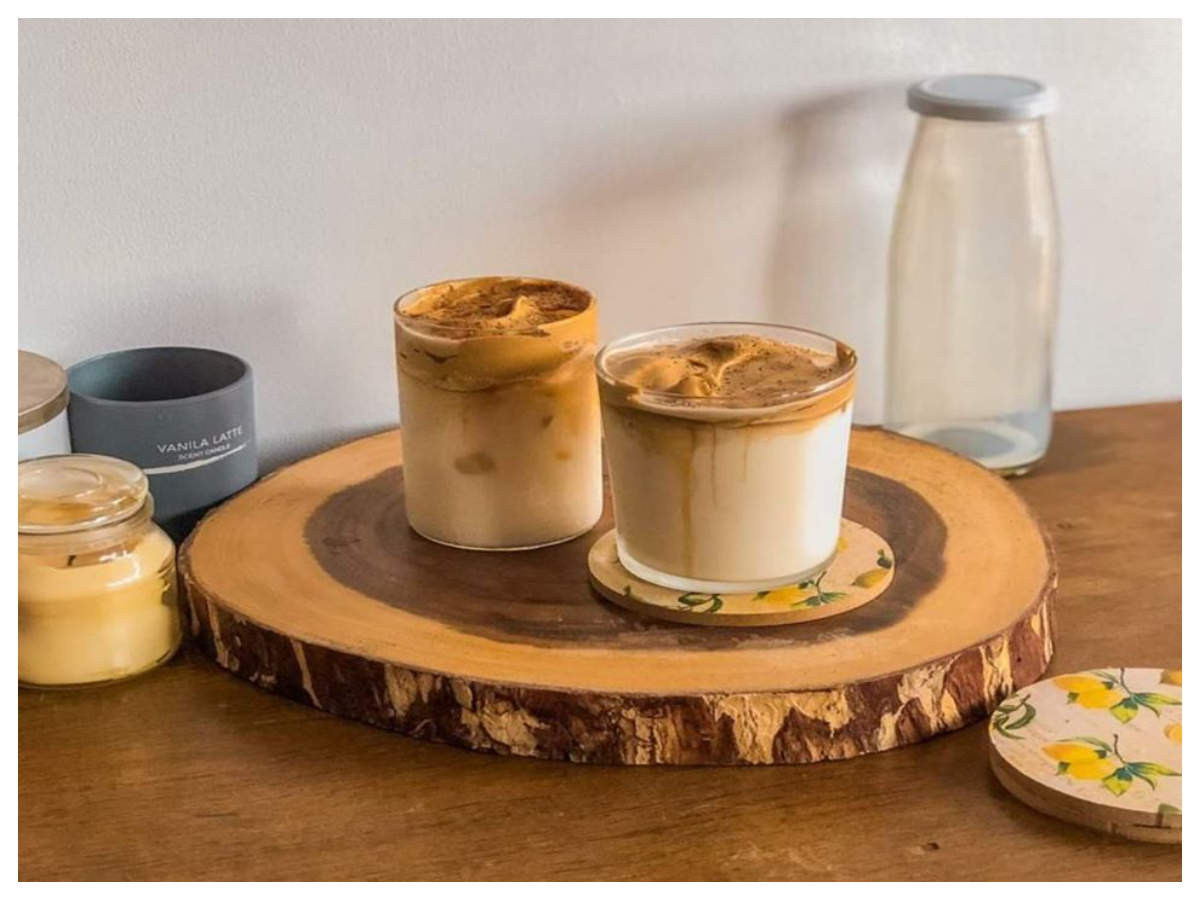
NEW DELHI: All major railway workshops are now busy making products to fight the Covid-19 pandemic with the Railway Coach Factory at Kapurthala giving finishing touches to manufacture a ventilator, which can be carried in a suitcase. The railways has set the target to manufacture 1,000 low-lost personal protective equipment (PPE) a day for doctors and other medical personnel.
The prototype of PPE coverall recently made by Jagadhri workshop of Northern Railway cleared the test by Defence Research and Development Organisation scoring 100%.
“We put our efforts to produce high quality PPE coverall, which can compete with the best available in the market. While any product scoring three out of six is approved, our product scored six out of six. We have shared the details, PPT and videos with all workshops for mass production,” said Arun Arora, principal chief mechanical engineer at the workshop.
He said as soon as the lockdown was announced, it was decided not to stop work, but allow people to come in shifts and start work on making items required to deal with the health crisis.
“We started making PPE coverall using our employees tasked for trimming and stitching works in coaches. Later, we reached out to the women in our railway colonies, who know sewing. We trained them so that we can produce more,” he said.
The Jagadhri workshop also converted the first sleeper coach into an isolation coach for Covid-19 patients after consulting and taking guidance of experts from health and defence ministries. “We have set the target to convert 100 coaches in a single day on Wednesday. We are also reworking on the disinfection tunnel, which will be ready in the next couple of days,” Arora told TOI.
In the case of RCF, Kapurthala, which has taken lead in making the prototype of ventilator, a crucial equipment to deal with critical Covid patients, the engineers are improving on their first model.
“We have made some improvements such as fixing a pressure/ flow and temperature indicators with guidance from health experts. Our target was to make an equipment that can come in a suitcase and hence making it easy to carry. It took us 6-7 days to make the first prototype and the new one has taken us about five days. We will soon send it for testing,” said Ravinder Gupta, general manager of the factory.
He said the product can be made at Rs 20,000 or Rs 25,000 as compared to the market price of some popular brands at Rs 2.5 lakh.
The prototype of PPE coverall recently made by Jagadhri workshop of Northern Railway cleared the test by Defence Research and Development Organisation scoring 100%.
“We put our efforts to produce high quality PPE coverall, which can compete with the best available in the market. While any product scoring three out of six is approved, our product scored six out of six. We have shared the details, PPT and videos with all workshops for mass production,” said Arun Arora, principal chief mechanical engineer at the workshop.
He said as soon as the lockdown was announced, it was decided not to stop work, but allow people to come in shifts and start work on making items required to deal with the health crisis.
“We started making PPE coverall using our employees tasked for trimming and stitching works in coaches. Later, we reached out to the women in our railway colonies, who know sewing. We trained them so that we can produce more,” he said.
The Jagadhri workshop also converted the first sleeper coach into an isolation coach for Covid-19 patients after consulting and taking guidance of experts from health and defence ministries. “We have set the target to convert 100 coaches in a single day on Wednesday. We are also reworking on the disinfection tunnel, which will be ready in the next couple of days,” Arora told TOI.
In the case of RCF, Kapurthala, which has taken lead in making the prototype of ventilator, a crucial equipment to deal with critical Covid patients, the engineers are improving on their first model.
“We have made some improvements such as fixing a pressure/ flow and temperature indicators with guidance from health experts. Our target was to make an equipment that can come in a suitcase and hence making it easy to carry. It took us 6-7 days to make the first prototype and the new one has taken us about five days. We will soon send it for testing,” said Ravinder Gupta, general manager of the factory.
He said the product can be made at Rs 20,000 or Rs 25,000 as compared to the market price of some popular brands at Rs 2.5 lakh.
Download
The Times of India News App for Latest India News
Subscribe
Start Your Daily Mornings with Times of India Newspaper! Order Now

Coronavirus outbreak
Trending Topics
LATEST VIDEOS
More from TOI
Navbharat Times
Featured Today in Travel
Quick Links
Coronavirus in MumbaiCoronavirus in KolkataCoronavirus in HyderabadCoronavirus in DelhiCoronavirus in BangaloreCoronavirus symptomsCoronavirus in IndiaWhat is CoronavirusCoronavirus NewsSolar EclipseNPRWhat is NRCCAB BillCAB and NRCRTI BillPodcast newsLok SabhaShiv SenaYSRCPCongressBJP newsUIDAIIndian ArmyISRO newsSupreme Court
Get the app









